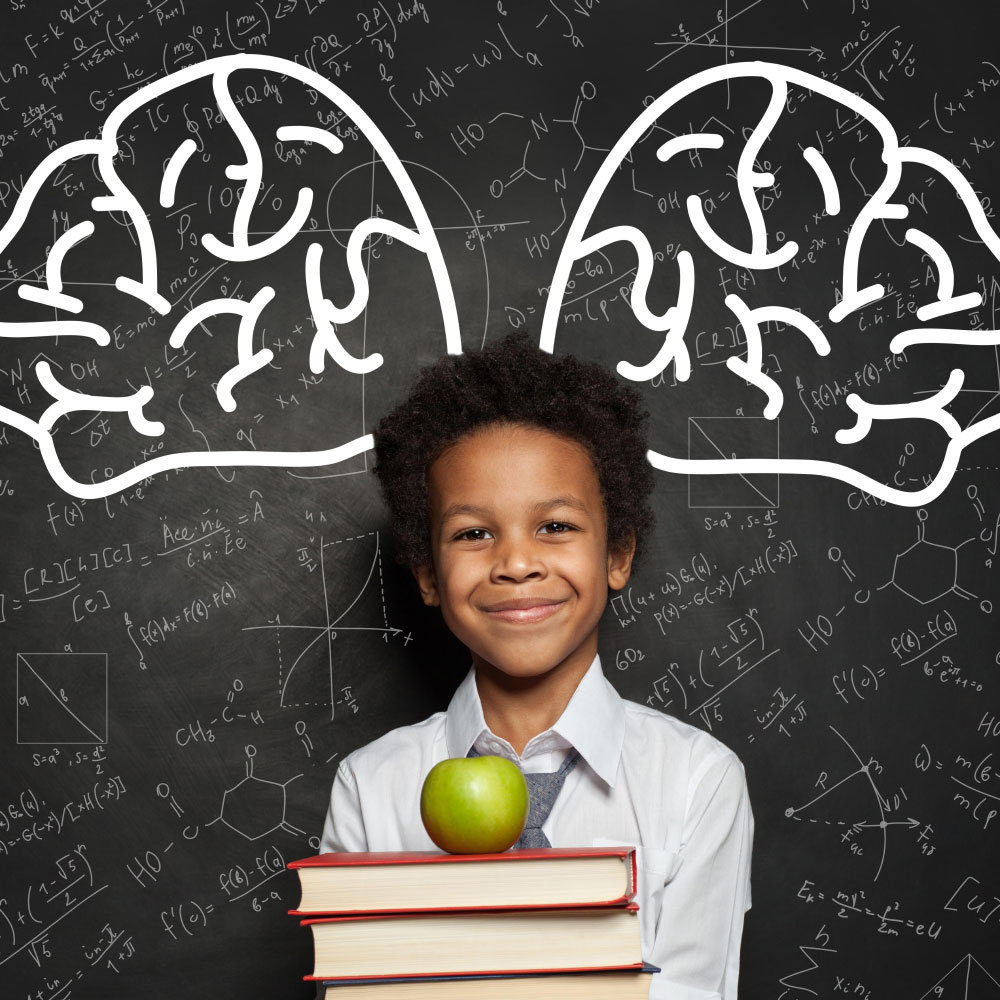
Twice-exceptional refers to students who are both gifted and have a disability (Segen’s Medical Dictionary, 2011). Twice-exceptional (2e) students diagnosed with Autism Spectrum Disorder (ASD) have high abilities, but they may also have challenges with interacting with others.
California has a set of criteria for identifying pupils as gifted and talented. The categories define students’ capabilities compared with chronological peers. Identification categories may include one or more of the following:
Intellectual Ability
Students who demonstrate extraordinary general intellectual development in relation to their chronological peers.
Creative Ability
Students who perceive unusual relationships among his or her environment and among ideas; overcome obstacles to thinking and doing; and/or produce unique solutions to problems.
Specific Academic Ability
Students who consistently function at highly advanced academic levels in specific subject areas, particularly in either English Language Arts & Literacy/Reading, English, or Mathematics.
Leadership Ability
Students who exhibit behavior characteristics of extraordinary leadership; possess confidence and knowledge; influence others effectively; display problem-solving and decision-making skills; express ideas in oral or written form clearly; show sense of purpose and direction.
High Achievement
Students who consistently produce advanced ideas and/or attain exceptionally high scores on achievement tests.
Ability in Performing Arts and/or Visual Arts
Students who originate, produce, perform, or respond at extraordinarily high levels in the arts.
Other California Ed Code Categories
Any other criterion which meet standards set forth by the California State Board of Education.
Autism Society Options Policy
This Resource Guide was developed to provide families and professionals with an opportunity to find resources related to autism in the Inland Empire in one place.
All information provided or published by the Autism Society Inland Empire is for information purposes only. Specific treatment, therapy or services should be provided to an individual only at the direction of the individual’s doctor, caregiver, or other qualified professional. References to any treatment or therapy option, program, service, or treatment provider are not an endorsement by the Autism Society. References of treatments, therapies, programs, services, and/or providers are not intended to be comprehensive statements. You should investigate alternatives that may be more appropriate for a specific individual. The Autism Society assumes no responsibility for the use made of any information published or provided. The Autism Society Inland Empire provides information, but it does not constitute medical or legal information. Referrals provided are suggestions to organizations that might help, but do not constitute a recommendation. The Autism Society Inland Empire cannot be held responsible for consequences that arise from individual dealings with a professional or organization. The inclusion of any organization does not imply endorsement, and omission does not imply disapproval. The Autism Society Inland Empire may add or remove organizations from this list at its discretion.


